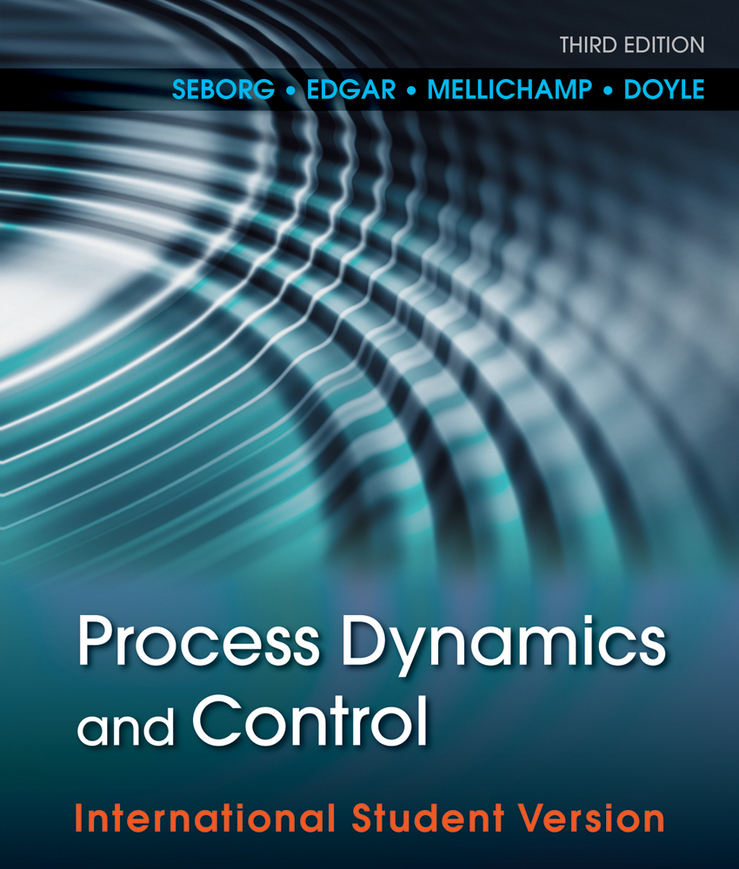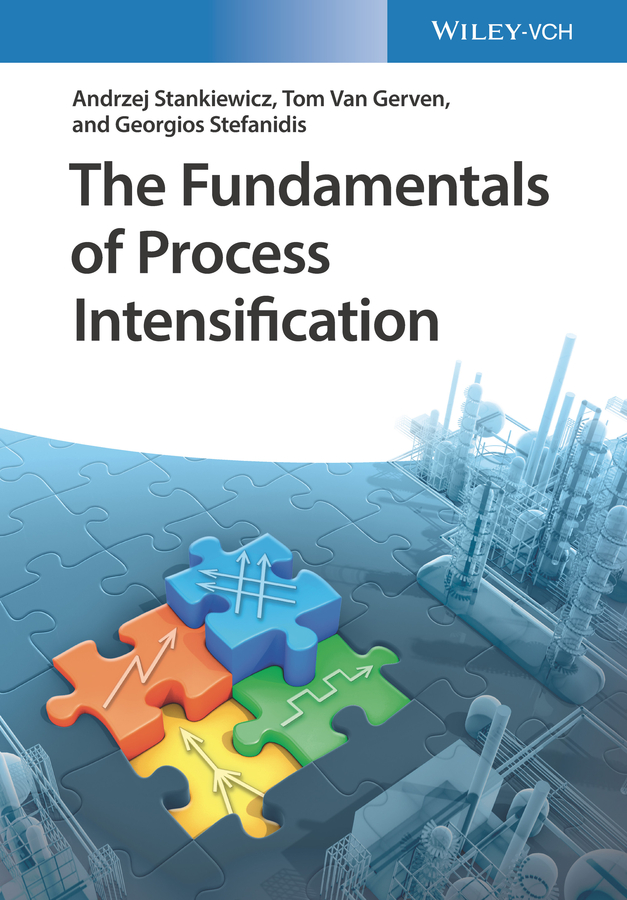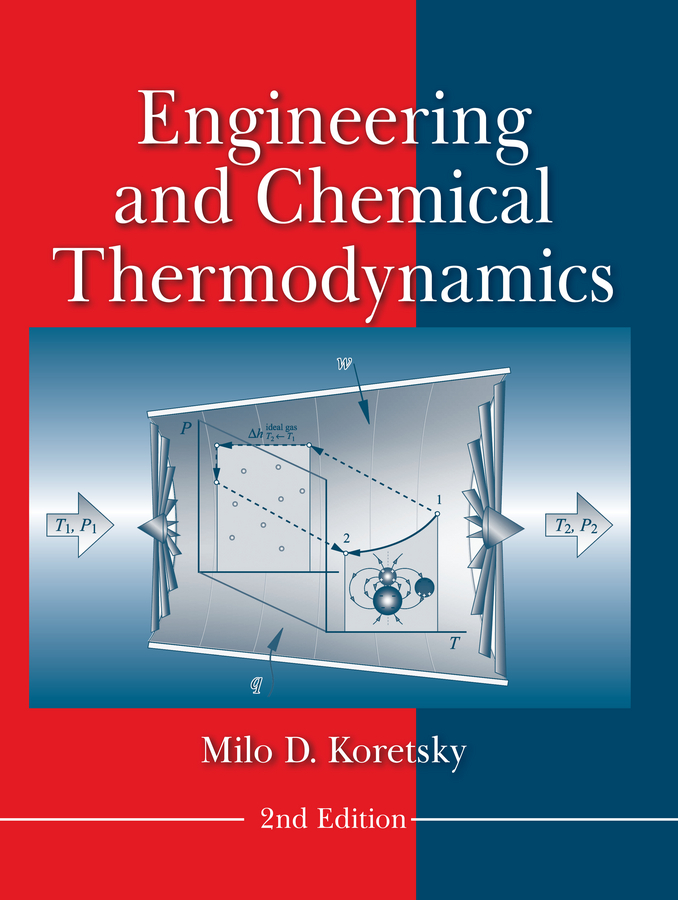CLCTQ0
LanguageENG
PublishYear2011
publishCompany
Wiley
EISBN
9781119110903
PISBN
9780470646106
edition
3rd ed.
- Product Details
- Contents
Process control has become increasingly important in the process industries as a consequence of global competition, rapidly changing economic conditions, faster product development and more stringent environmental and safety regulations. Process control and its allied fields of process modeling and optimization are critical in the development of more flexible and more complex processes for manufacturing high value-added products. Furthermore, the rapidly declining cost of digital devices and increased computer speed (doubling every 18 months, according to Moore's Law) have enabled high-performance measurement and control systems to become an essential part of industrial plants. It is clear that the scope and importance of process control technology will continue to expand during the twenty-first century. Consequently, chemical engineers need to master this subject to be able to design and operate modern plants. The concepts of dynamics, feedback, and stability are also important for understanding many complex systems of interest to chemical engineers, such as in bioengineering and advanced materials. An introductory course should provide an appropriate balance of process control theory and practice. In particular, the course should emphasize dynamic behavior, physical and empirical modeling, computer simulation, measurement and control technology, basic control concepts, and advanced control strategies. We have organized this book so that the instructor can cover the basic material while having the flexibility to include advanced topics. The textbook provides the basis for 10 to 30 weeks of instruction for a single course or a sequence of courses at either the undergraduate or first-year graduate levels. It is also suitable for self-study by engineers in industry. The mathematical level of the book is oriented toward a junior or senor student in chemical engineering who has taken at least one course in differential equations. Additional mathematical tools required for the analysis of control systems are introduced as needed. We emphasize process control techniques that are used in practice and provide detailed mathematical analysis only when it is essential for understanding the material. Key theoretical concepts are illustrated with numerous examples and simulations.
Collected by
- Yale University
- University of Cambridge
- University of Oxford
- Harvard University
- National Library of China











